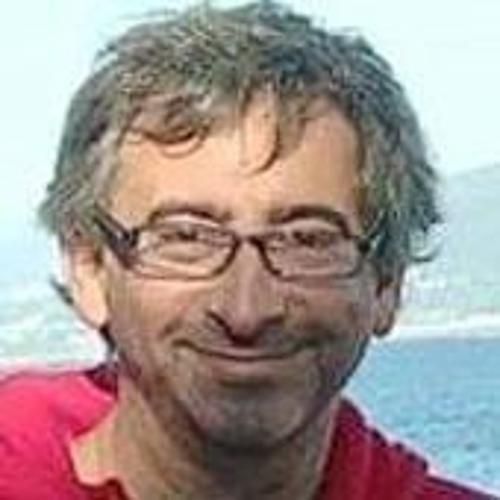
ANTONIO
CARVAJAL RODRIGUEZ
CATEDRATICO/A UNIVERSIDADE - TEMPO COMPLETO
Department: Bioquímica, xenética e inmunoloxía
Centre: *Facultade de Bioloxía
Research center: CIM-UVigo
Campus: Vigo
Area: Genetics
Research group: Population Genetics and Cytogenetics
Email: acraaj@uvigo.es
Personal web: https://acraaj.webs.uvigo.es/
Doctor by the Universidade da Coruña with the thesis Base genética de la inviabilidad en híbridos de las especies gemelas Drosophila koepferae y Drosophila buzzatii 1999. Supervised by Dr. Horacio Naveira.
My scientific goal is to deepen the understanding of the process of the evolution of living organisms. I am particularly interested in algorithmic aspects, so I apply a multidisciplinary approach that includes computational and mathematical modeling. Along the way, I have contributed to the development of different algorithms and models applicable to evolutionary studies of various species. For example, I am one of the authors of a statistical correction method (SGoF) for the problem of multiple contrasts, which arises from the large amount of data generated by modern omics techniques. This and other correction methods are incorporated in a computer program called Myriads published in the journal Bioinformatics (Carvajal-Rodríguez 2018). During 2022 I published a book chapter dedicated to reviewing different correction methods and the software that implements them. The chapter is specifically focused as an introduction for researchers working in areas related to life sciences (CRC Press, ISBN 9780367437602). I have also authored some review papers on genome simulation. In addition, I have worked on the modeling and simulation of different aspects of molecular evolution in viruses (HIV and HPV), performing various analyses and computer programs. Recently, I have reoriented my lines of research to the study of evolution from the point of view of information theory. With this approach I have studied the causes and consequences of the evolution of mate choice preference in natural populations. As a result of this work, we have shown the perfect adequacy of the concept of information to capture the patterns produced by non-random mating, connecting its causes (in terms of mating propensity and mate choice) with its consequences (in terms of sexual selection and assortative mating). The theoretical development has been published in 3 articles in the journal Theoretical Population Biology (Carvajal-Rodríguez 2018, 2019, 2020) and the methods developed have been implemented in a computer program called Infomating which in turn was recently applied in empirical work carried out in collaboration with the Swire Institute of Marine Science at the University of Hong Kong (Lau et al 2021). I am currently continuing to advance the study of evolution from an information theory approach and am developing a general framework describing sexual selection and associative mating patterns.






